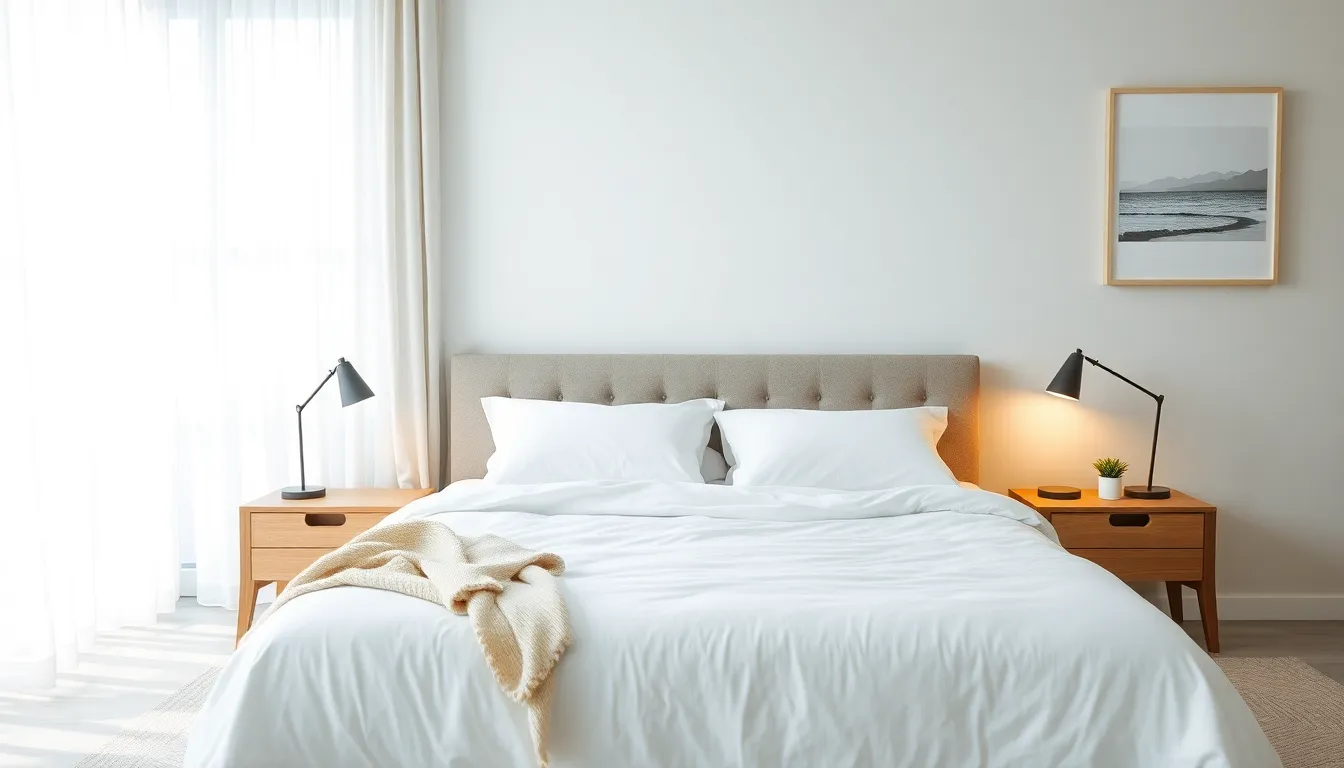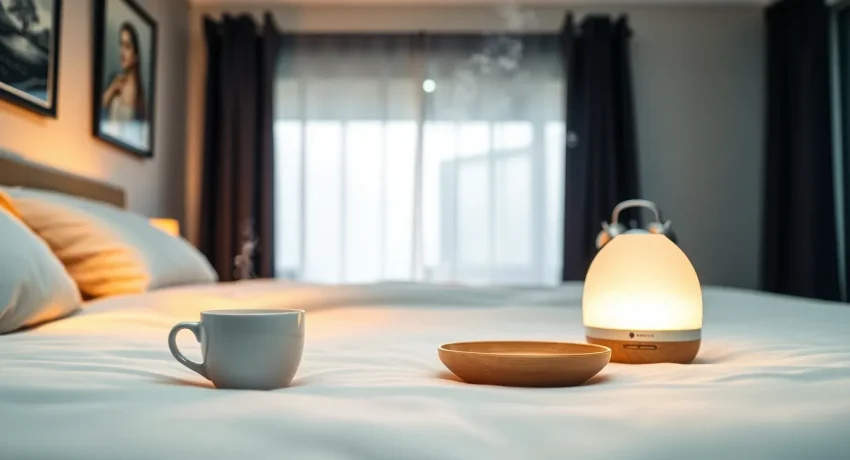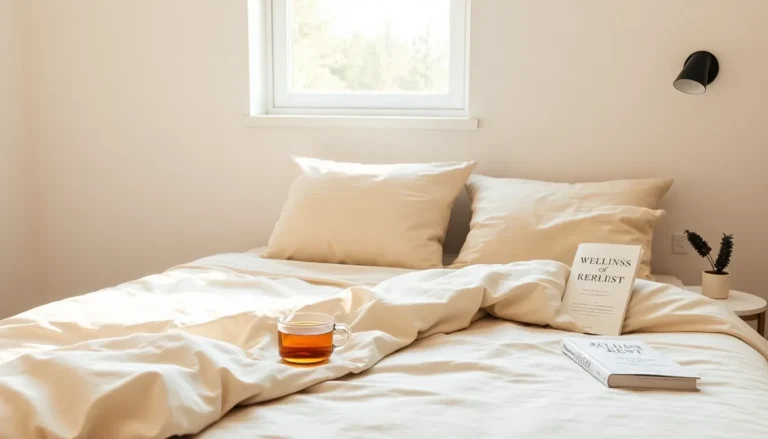Table of Contents
ToggleImagine lying in bed, tossing and turning, while the sheep you’re supposed to be counting turn into witnesses to your sleepless plight. Sleep is crucial, yet many people find themselves trapped in a nightly battle with their minds and bodies. Fear not, dear reader. In this text, we’re diving deep into the cozy yet often elusive realm of sleep. From the importance of bedtime rituals to practical tips you can carry out tonight, we’re exploring whatever helps you sleep at night. Ready to recharge your batteries? Let’s get into it.
Understanding the Importance of Sleep

Sleep is not just a period of rest: it’s a fundamental pillar of good health. When one truly understands the importance of sleep, it becomes a priority rather than an afterthought. Studies show that sleep affects every aspect of well-being, from cognitive function and emotional stability to physical health. A lack of quality sleep can lead to mood swings, lower productivity, and even serious health issues like heart disease and diabetes. Hence, prioritizing sleep is not just about feeling less grumpy: it’s about safeguarding optimal health. Not to mention, decent sleep can improve creativity and problem-solving abilities. So, as the saying goes, everyone could use a little more beauty sleep, but the benefits stretch beyond appearances.
Common Sleep Disruptors
Several factors can disrupt sleep and keep it just out of reach. Let’s explore a few common culprits that might be sabotaging your slumber:
- Stress and Anxiety: Life’s challenges can lead to racing thoughts that make falling asleep feel impossible.
- Technology Use: Blue light from phones and laptops tricks our brains into thinking it’s still daytime.
- Caffeine and Alcohol: While a cup of coffee might give a temporary boost, consuming it close to bedtime will do more harm than good. Alcohol, too, can lead to disrupted sleep patterns, preventing a restful night.
- Uncomfortable Sleep Environments: Whether it’s a lumpy mattress, bright lights, or disruptive noises, an uncomfortable setting can keep one tossing and turning. Recognizing these disruptors is the first step toward reclaiming those lost ZZZs.
Techniques to Improve Sleep Quality
Improving sleep quality might feel like a Herculean task, but several techniques can help.
Natural Remedies for Better Sleep
Herbal teas, such as chamomile and valerian root, are popular go-tos. These natural remedies can foster a sense of calm and relaxation, preparing the body for restful sleep. Aromatherapy, with lavender essential oil, is another option, creating a soothing atmosphere that invites slumber. Over-the-counter options like melatonin can also be effective, but consulting a healthcare provider is crucial before diving into any supplements.
Mindfulness and Relaxation Practices
Practicing mindfulness can significantly enhance sleep quality. Techniques such as meditation, deep-breathing exercises, or even gentle yoga can promote relaxation. Taking a few minutes to unwind can ease the mind and prepare the body for a restful night, helping one transition from day to night in a smoother manner.
Creating a Sleep-Friendly Environment
Environment plays a pivotal role in sleep quality. To craft a sanctuary for sleep, consider the following adjustments:
- Control Light: Use blackout curtains to eliminate outside light. Evening dimming can also signal the body that it’s time to wind down.
- Control Noise: White noise machines or earplugs can block disruptive sound. A peaceful space promotes relaxation.
- Choose Comfort: Investing in a quality mattress and pillows tailored to personal preference can make a world of difference.
- Maintain a Cool Temperature: The optimal sleeping temperature varies, but a cooler room often promotes a relaxed state conducive to sleep. Small tweaks can yield substantial improvements.
The Role of Diet and Exercise in Sleep
What you put into your body can profoundly influence your sleep. A balanced diet rich in fruits, vegetables, whole grains, and lean proteins lays a foundation for better sleep. Foods rich in magnesium, like nuts and leafy greens, tend to encourage relaxation.
Besides, an active lifestyle contributes positively to sleep quality. Regular exercise can help one fall asleep more quickly and deepen sleep. But, timing is important: exercising too close to bedtime can counteract those benefits, boosting adrenaline when the body needs to unwind. Finding the right balance between diet and exercise is key to sleeping soundly.
When to Seek Professional Help
Even though all efforts, some may still struggle with sleep. Recognizing when to seek professional help is crucial for a healthier night’s rest. Persistent sleep issues, including heavy snoring, restlessness, or chronic insomnia, often indicate a deeper problem. Consulting a healthcare professional can lead to beneficial assessments and treatments tailored to individual needs. Don’t suffer in silence: getting expert help is a proactive step toward restoring sleep patterns.




